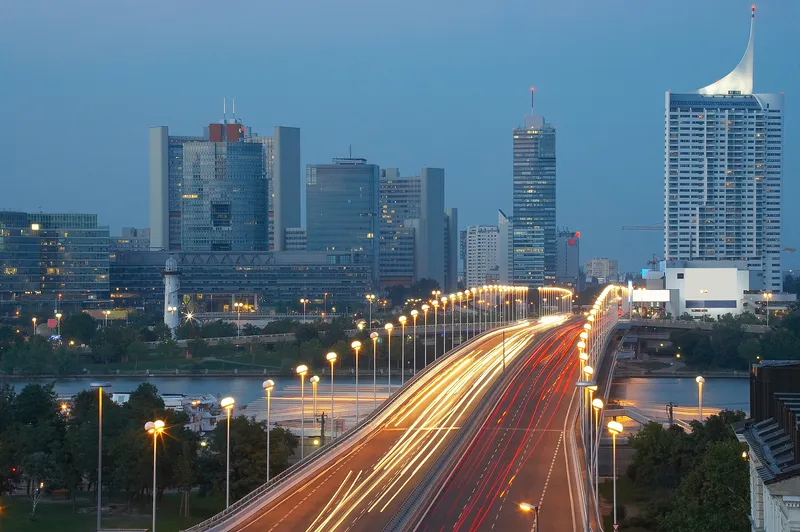
The Second Asecap Sustainability Forum will address a number of key issues around mitigating the environmental effects of transportation.
The event, organised in cooperation with Austrian road authority Asfinag, will take place in Vienna on 26-30 June 2023.
Free of charge, it is an integrated event during the 4th International Symposium on Freeway and Tollway Operations (ISFO). Issues under discussion will include:
• Energy transition: What are the realistic scenarios for road decarbonisation ?
• Action to reduce CO2 emissions in road management and operation including contractors. How to reach the sustainability aims, like Net Zero emissions in Scope 1, 2 and 3. The focus will also be how to reduce Scope 3 emissions related to suppliers with impact on tendering process, costs and contract issue.
• How to ensure the resilience of road infrastructure? How to make infrastructure ready for the new challenges?
• What kind of investments are needed? How to finance them? How to approach EU Taxonomy, which sectoral activities should be considered as taxonomy-eligible and which as taxonomy-aligned?
• How to deploy and interpret the climate change adaptation solutions that motorway operators will have to fulfil in order to prepare their infrastructure for climate change.
• New TEN-T regulation and future alternative fuels infrastructures. What motorway operators are already doing, and overview of what they will have to do to be aligned with the two new pieces of EU legislation.
Click here to register.









